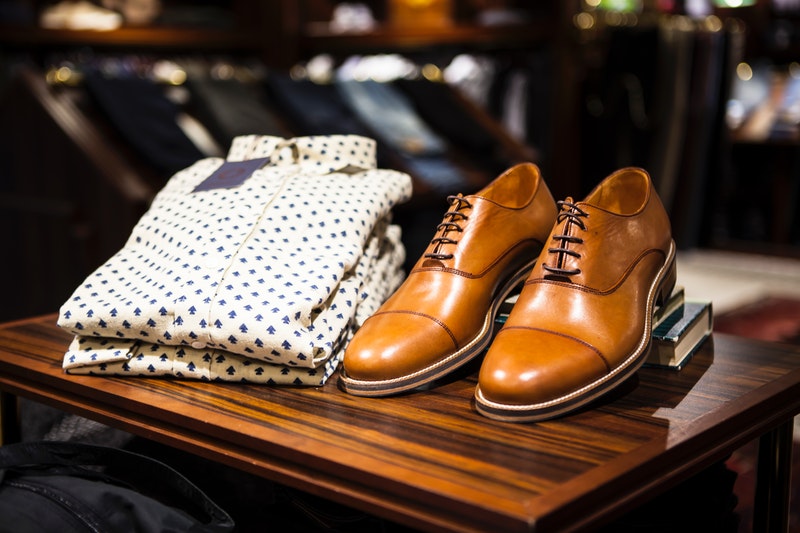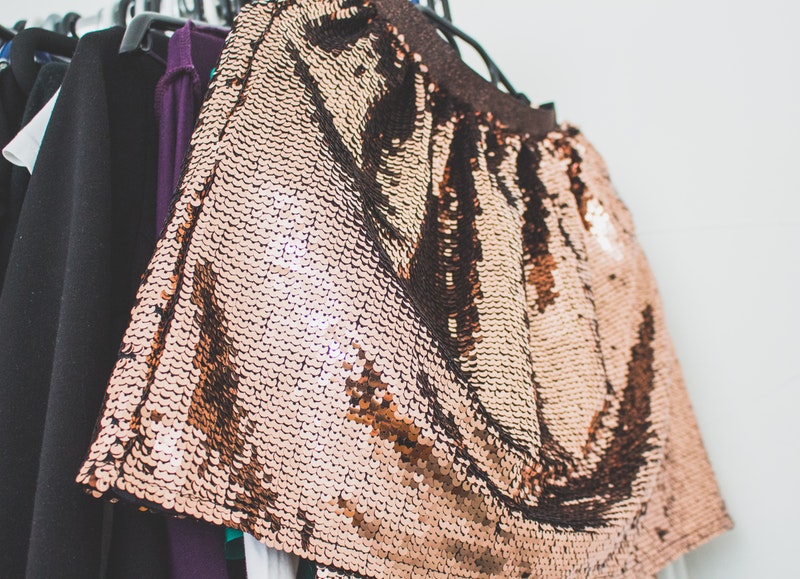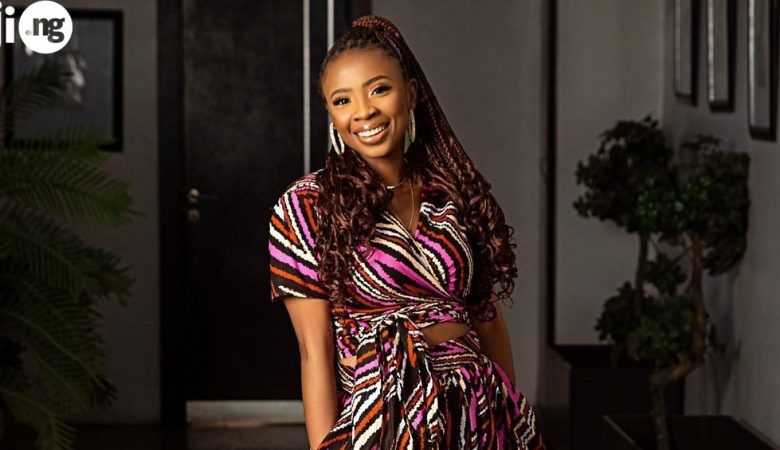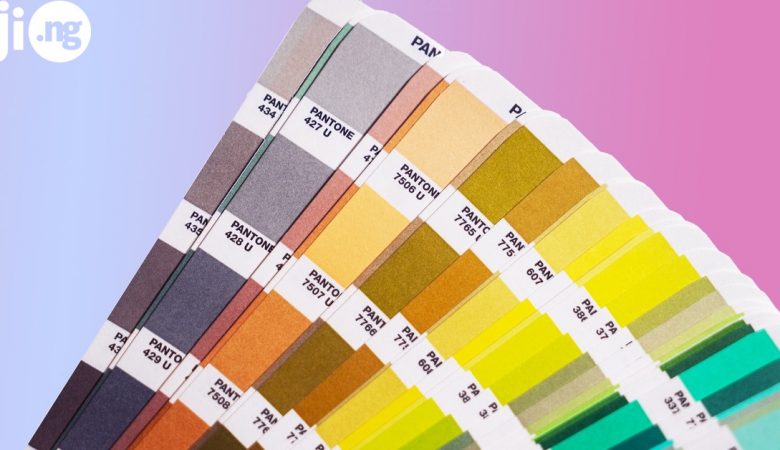Clothing has always been one of the hottest commodities to sell, and second-hand clothes, or okrika, as they are known in Nigeria are quickly gaining popularity, both among customers and businessmen. Here is a step-by-step guide on how to start your own second-hand clothing business in Nigeria.
Find the best deals on new and used clothing on Jiji
1. Do a feasibility study
An essential part of starting any business is estimating whether it can actually be viable and profitable. There are several factors you need to take into account here, including whether the area you live in has a high demand for used clothing and whether there are any competitors you will need to surpass in order to achieve success. In other words, you need to create a thorough business plan.
Read more: How To Write A Business Plan For A Small Business

2. Decide what you will sell
Unless you are planning to open a big second-hand store, you will need to focus on one or several groups of products. Traditionally, the fastest-moving items in this business are women’s clothes, children’s clothes, shoes, and accessories. Men’s clothes are also quite popular, but not as women’s and children’s garments. You can also focus on expensive designer clothes, but they need to be in a spotless state and with intact labels for you to be able to sell them at a high price.

3. Gather your startup capital
Okrika is a rather low-capital business, meaning that you don’t need a lot of money to get into the industry. Typically, for ₦20,000, you can buy a big shipment of second-hand clothes that you can use to initially stock your store. You will also need money for renting your spot, advertising, and possibly paying someone to sell your clothes instead of you.
Read more: 7 Money Habits You Should Break Right Now!

4. Find a good supplier
The quality of the clothes you sell will determine the success of your business. No one will want to buy outdated clothes that are in a bad state. That is why you need to spend extra time finding a supplier who can meet your needs. It can be a local vendor from the Katangua market in Lagos or Cotonou in Benin state.
You can also work with international suppliers that you can find on eBay and Alibaba. However, you should know that currently, importing used clothing into Nigeria from overseas is considered to be contraband, so if you do decide to do it, you could be facing legal trouble.

5. Learn how to present your clothes
Simply taking the clothes out of the package and putting them on display is highly unlikely to bring you any customers. Your clothes need to be attractive and presentable to generate interest from the public. Wash the clothes, iron them, and add a subtle scent to make people notice them. You can also buy a couple of mannequins and create some stylish looks from the clothes you are selling.

6. Find a good location for your business
So where should you locate your second-hand clothing shop? The cheapest solution is to sell clothes from your own home by advertising them on Jiji and on social media. However, this method of selling requires a bit of marketing knowledge and experience, which you may not currently have.
You can also choose a physical location for your shop. It can be a nearby market, where you can rent a spot for little money, or a standalone store, which is obviously a more expensive option. Consider the neighbourhood for your business and the clothes you want to sell: if the area is mostly poor, you are unlikely to find many buyers for expensive and designer second-hand clothes.

7. Market your business
Whether you are conducting your second-hand clothing venture from a physical location or from your own home, you need to market it if you want people to patronize your business. You can use anything from print-outs and street ads to Instagram and Facebook ads. Don’t forget about word-of-mouth marketing: encourage your buyers to tell their friends and family about your store, and soon your audience will start growing.
Read more: How To Become A Successful Instagram Blogger: 6 Winning Tips

Start your business from your mobile phone with the Jiji app










